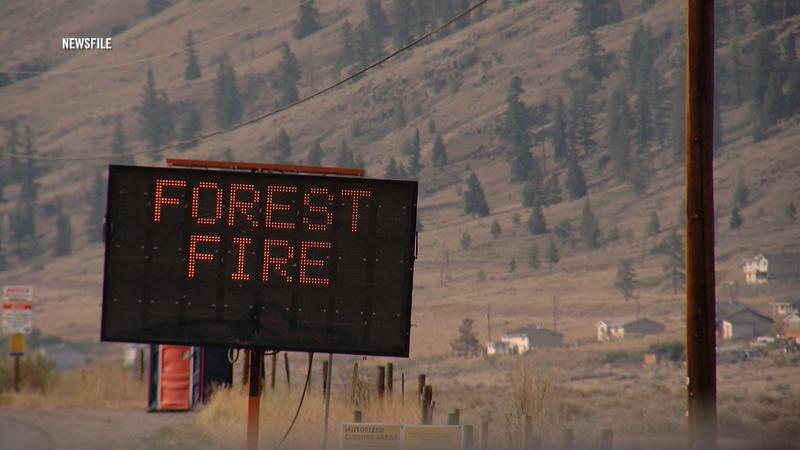
Skeetchestn leadership calling for change in wildfire fighting as residents return to charred landscape
SKEETCHESTN — Skeetchestn evacuees were able to return home today (Aug. 4), as the threat from the still out-of-control Sparks Lake fire has reduced.
The wildfire was discovered in late June, and Kukpi7 Darrel Draney says help was slow to arrive at first. However, Indigenous firefighting and territory knowledge was key in protecting the area.
According to Draney, damage to the land was extensive and that will impact residents going forward, as about 80 per cent of the band is made up of hunters and gatherers. Spiritual areas were burned, and the fire also raged through other parts of the territory used to sustain the people who live there.


